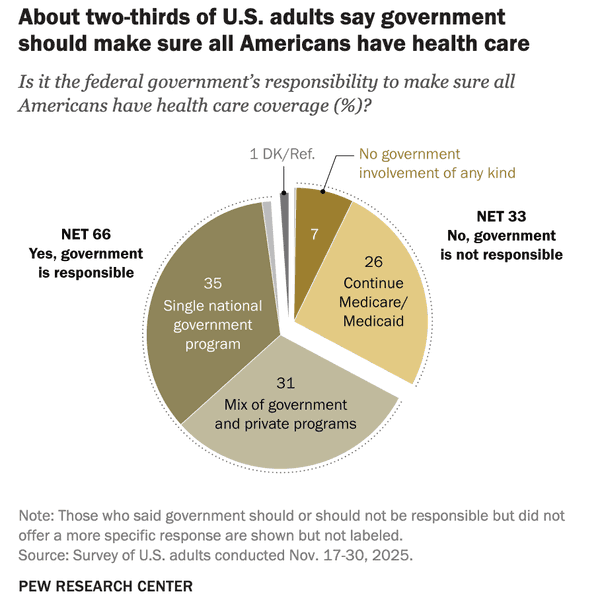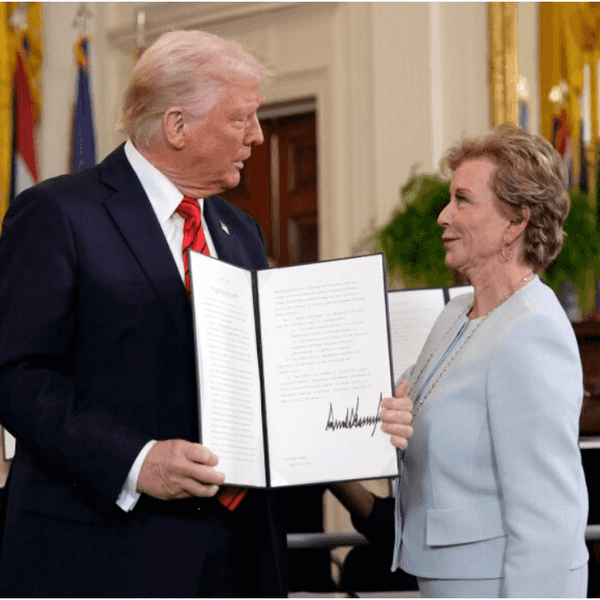
By David Lightman, McClatchy Washington Bureau (TNS)
WASHINGTON — Congress heads home for the holidays with a hearty good riddance from voters.
Even partisans have soured on their own parties. Republicans are disenchanted with Republicans in Congress, according to a new McClatchy-Marist Poll. Democrats are unenthusiastic about Democrats.
The most negative: the two party bases, with conservatives negative on Republicans on Capitol Hill and liberals negative on Democrats.
Those negative reactions were aggravated in recent days as the parties fought internal battles over the $1.1 trillion spending plan that finances government operations. Liberals objected to provisions easing restrictions on financial institutions, while conservatives were angry the measure did little to block President Barack Obama from carrying out actions to ease deportation of undocumented immigrants.
Party leaders prevailed, but the parties’ bases were unhappy. The poll reflects the turmoil, and the public’s disgust with it.
Voters overall disapproved 66-28 percent of the job Republicans are doing, only slightly better than the 71-24 percent in October before the GOP swept midterm elections.
Democrats and independents led the disapproval of the congressional Republicans. But Republicans themselves only narrowly approved their own party’s performance, 51-45 percent. And conservatives disapproved, 53-41 percent.
Voters overall disapprove of the Democrats as well, 65-27 percent. That was the worst for the Democrats in the three-and-a-half years that Marist has posed the question.
Republicans and independents led the disapproval. But again it was internal dissent that hurt the party, with self-identified Democrats approving their party’s congressional performance just 55-33 percent, and liberals disapproving 48-45 percent.
There was a glimmer of hope for Republicans. Nearly half of the voters said they want Republicans to have more influence over the nation’s direction in the next year; 42 percent said they preferred Democrats.
Republicans next year will control of both houses of Congress for the first time in eight years. The party gained nine Senate seats and will start 2015 with its biggest House of Representatives majority since the late 1940s.
Most people expect few differences from the inertia that’s paralyzed Washington for years. Thirty-five percent said the Republican takeover would mean change for the better, while 40 percent saw no change and 20 percent said things will get worse.
“This looks like more of the same in Washington, other than a reshuffling of the characters,” said Lee Miringoff, director of the Marist Institute for Public Opinion in New York, which conducted the poll.
The top four congressional leaders will remain the same, though Republican Senate Minority Leader Mitch McConnell of Kentucky and Democratic Senate Majority Leader Harry Reid of Nevada will swap titles.
People remain unenthusiastic about the status quo. Obama’s approval rating in the latest survey was 43 percent, down from October’s 46 percent. The approval number has not topped 50 percent since October 2009.
Americans remain rattled by the aftershocks of the 2007-09 recession, when unemployment reached 10 percent. Though last month’s jobless rate was 5.8 percent and gasoline prices are at their lowest levels in five years, Americans aren’t convinced the good times will last.
“Improvement in unemployment makes a nice headline, but it doesn’t necessarily translate to making ends meet every day,” Miringoff said. “No one’s convinced things are going to improve over the long haul.”
About one-third said they expect their family’s finances to improve in the next year, while half said they would stay about the same. About one-third saw the country going in the right direction, while nearly two-thirds saw it going on the wrong path.
Obama came under fire on several fronts. Thirty-eight percent said they approved of his foreign policy, 8 percentage points lower than in October, while 52 percent disapproved. Obama expanded the campaign against Islamic State terrorists in September with military action in Iraq and Syria.
Forty-one percent approved of how the president is handling the economy, while 55 percent disapproved. Those numbers have barely moved for years. They topped 50 percent in Obama’s first year but have never reached that level since.
One key to change: compromise. Seven of 10 said lawmakers should find common ground. Obama has met with Republican leaders since the election, and Saturday, the Senate passed a bipartisan $1.1 trillion spending plan that funds most of the government through Sept. 30.
___
METHODOLOGY
This survey of 1,140 adults was conducted Dec. 3-9 by the Marist Poll, sponsored in partnership with McClatchy. People 18 and older residing in the continental U.S. were interviewed by telephone using live interviewers.
Landline telephone numbers were randomly selected based on a list of exchanges from throughout the nation from ASDE Survey Sampler Inc. The exchanges were selected to ensure that each region was represented in proportion to its population. Respondents in the household were selected by asking for the youngest man.
To increase coverage, this landline sample was supplemented by respondents reached through random dialing of cellphone numbers from Survey Sampling International. The two samples were then combined and balanced to reflect the 2010 census results for age, gender, income, race and region. Results are statistically significant within 2.9 percentage points.
There are 923 registered voters. The results for this subset are statistically significant within 3.2 percentage points. The error margin increases for cross-tabulations.
Photo: President Barack Obama (2nd L) meets with Speaker of the House John Boehner (L), Senate Minority Leader Mitch McConnell (2nd R) and others during a bipartisan congressional leadership luncheon at the White House in Washington, DC, November 7, 2014/afp.com /Jim Watson








